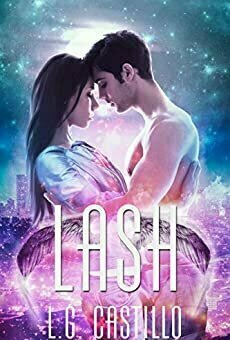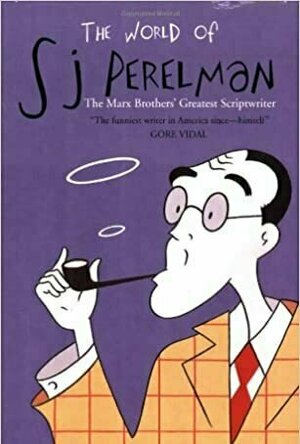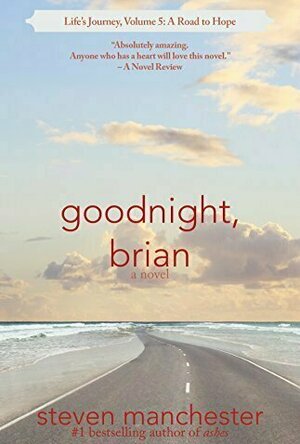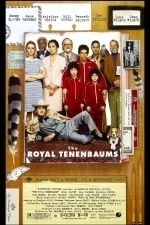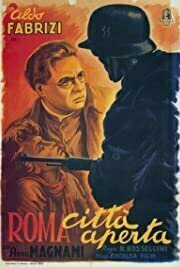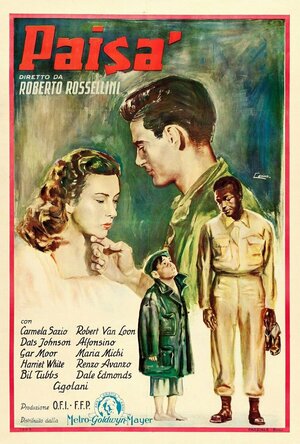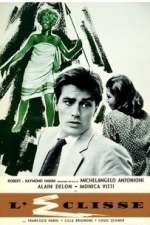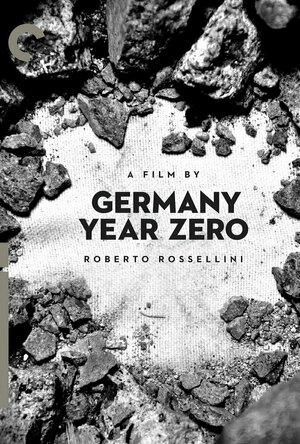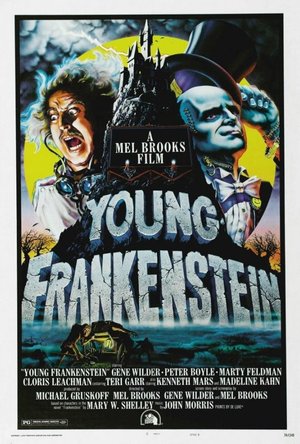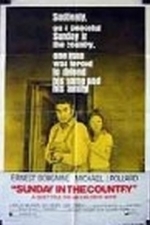Search
Search results
Leanne Crabtree (480 KP) rated Lash (Broken Angel, #1) in Books
Jan 8, 2021
I've had this on my to-be-read shelf for a long time on Goodreads before I saw it on NetGalley so I kinda jumped at the chance to review it. Maybe I had high expectations or something but I just couldn't really get into it. The writing style was hard for me to gel with and I just found myself getting a bit bored with the storyline.
Then there was the fact that something happened in Naomi's life--something major--and we didn't actually find out about it until after, which confused me a bit as I had no idea what the family was so upset about, and therefore I had no feelings about it.
This just wasn't up my street at all but that doesn't mean it was bad. If you like the sound of it, then try it.
Then there was the fact that something happened in Naomi's life--something major--and we didn't actually find out about it until after, which confused me a bit as I had no idea what the family was so upset about, and therefore I had no feelings about it.
This just wasn't up my street at all but that doesn't mean it was bad. If you like the sound of it, then try it.
Woody Allen recommended The World of S.J. Perelman in Books (curated)
Melanie Caldicott (6 KP) rated Goodnight, Brian in Books
Apr 29, 2021
The concept of this book originally interested me and I found the first few chapters where the tragedy that caused Brian's disability is uncovered takes place moving. However, I quickly grew tired of Mama and found her a very manufactured, unrealistic character who was just too "perfect". Her "clever" answers in how to bring out the best in Brian and the myriad of problems the rest of the family faced seemed to serve no other purpose than to allow the author a platform from which to preach at us. This, in my opinion, was painfully unsubtle and fiction should not be used as a vehicle for moralising, but to merely describe the experiences of characters, their feelings and reactions which provoke thoughts and empathy within the reader. I did not finish this book as the sermonesque style ultimately became unbearable!
